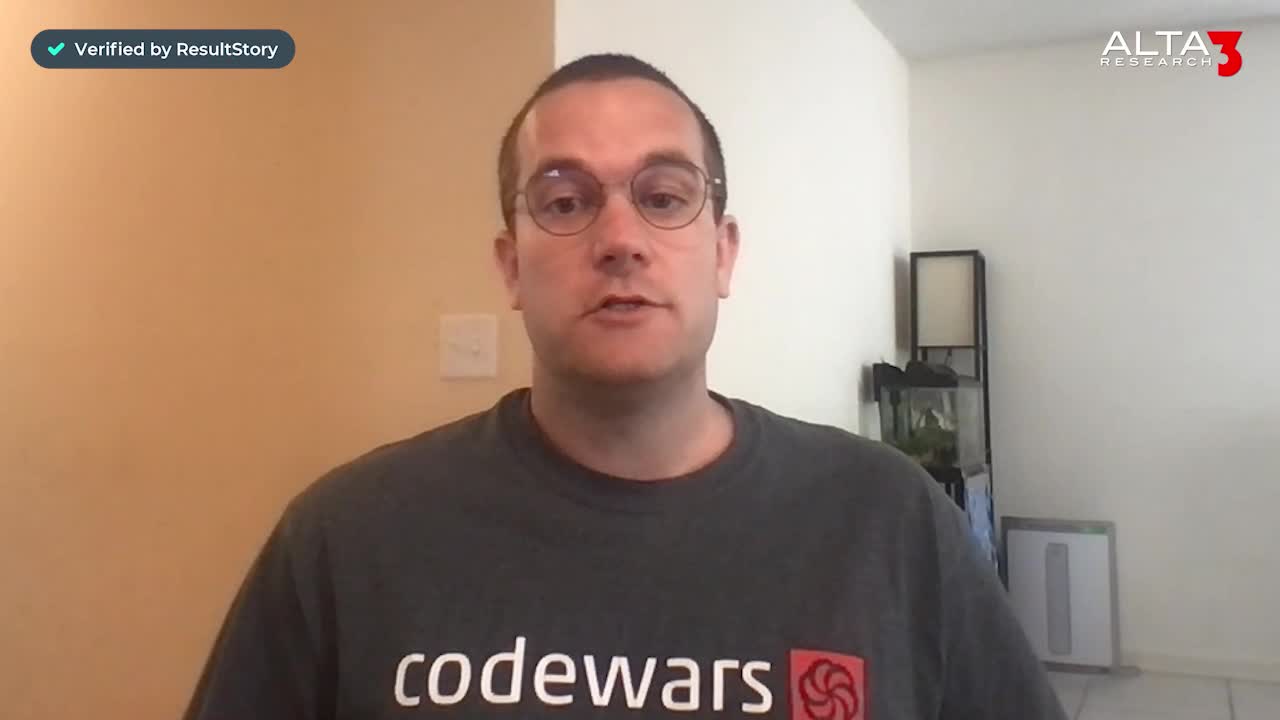Java for New Programmers
Unlock the potential of your programming career with our Java for New Programmers course, designed to equip aspiring developers with foundational skills in Java, ideal for transitioning to related languages like C++, C#, or JavaScript.

Essential Skills Gained

Understand basic programming concepts using Java.

Develop skills to write, compile, and debug programs in Java.

Implement Java programs using Eclipse IDE.

Learn core concepts applicable to related programming languages.
Format
- Instructor-led
- 5 days with lectures and hands-on labs.
Audience
- Aspiring developers
- Programming beginners
- IT students
- Tech enthusiasts
Description
This hands-on course introduces programming concepts and builds a solid foundation of programming skills that can be used to learn and understand related languages like C++, C#, or JavaScript. In this course you will write, compile, and debug programs in Java and Eclipse.
Upcoming Course Dates
No upcoming dates. Please check back later.
Course Outline
Download PDFLanguage Background
Origins
Transitions
New owner
Similar languages
Java structure
Development process
JDK
JVM
Development environment
Eclipse
Projects
Class project
Packages
Class creation
Class configuration
Class code
Error fixing
Class execution
Syntax
Code blocks
Statement
Statement types
Keywords
Identifiers
Java style
Java APIs
Program Flow 1
Iteration
for loop logic
for syntax
for syntax - init
for syntax - test
for syntax - step
for loop summary
Conditionals
Data types
Introduction
Value (primitive) types
Basic steps of variable use
Declaring variable names
Initializing variables
Default types for literals
Casting
Floating point inaccuracy
Currency
Scope
Text
String literals
String variables
Reference types
Operators
Arithmetic
Relational
Logical
Other
Operator precedence
If-else replacement
Console input / output
Reading a keyboard character
Eclipse console
Eclipse consoles
Output to console
Program Flow 2
switch
Other loop keywords
Methods
Definition
Method naming
Method input
Overloading methods
Method output
Method code block
Access modifiers
Method access modifiers
Method signature
Static methods
Calling methods
After the call
Math
Let Eclipse write the method
OO Development
Main points
Class - analysis
Classes & Objects
A relational data structure
An object data structure
Relational vs. OO
Defining the class
Class data structure
Class as a data type
Constructors
Basic steps of object use
Reference refers to object
Many references, no object
Garbage collection
Class methods
Two class code sections
Instance methods
this
Revisiting static
Static blocks
Unchangeable variables
Constants
Getters and setters
Calling getters and setters
toString()
Common class tasks
Constructors
Purpose
Rewriting the default constructor
An all-arg constructor
Shadowing
DRY in constructors
Arrays
The array
Declaring arrays
Creating arrays
Initializing arrays
Anonymous arrays
Multi-dimensional arrays
One field, no methods
Iterating over an array
The main() args array
Eclipse command line input
Iterating over command line input
Inheritance
Definition
Implementation
Terminology
Behavior expansion
Object class
Inherited fields/methods
Stopping inheritance
Overriding
Overriding in Eclipse
Stopping overriding
Accessing overridden methods
Your Team has Unique Training Needs.
Your team deserves training as unique as they are.
Let us tailor the course to your needs at no extra cost.
See What Other Engineers Are Saying
Trusted by Engineers at:
and more...

Aaron Steele

Casey Pense

Chris Tsantiris

Javier Martin

Justin Gilley

Kathy Le

Kelson Smith

Oussama Azzam

Pascal Rodmacq

Randall Granier

Aaron Steele

Casey Pense

Chris Tsantiris

Javier Martin

Justin Gilley

Kathy Le

Kelson Smith

Oussama Azzam

Pascal Rodmacq

Randall Granier